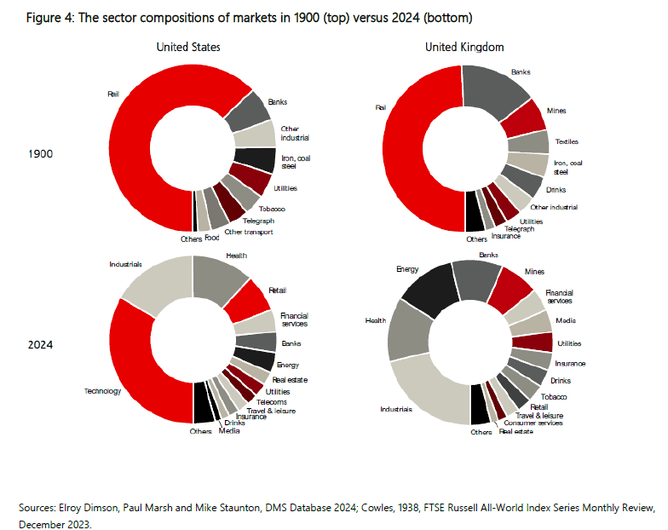Summary
Key findings from long term financial markets data
1. Equities have outperformed bonds and bills (cash) in every country since 1900. They have also handily beat inflation in most cases, and by around 6% per annum globally. This is in line with the basic investment tenet that risk and return are related and informs our view that investors – subject to their risk tolerance and time horizon – should allocate as much as possible to growth assets.
2. Investment grade corporate bonds have outperformed government bonds by around 1% per annum over the long run, while high yield bonds have outperformed by around 3%. Again this reflects the expected relationship between risk and return, and motivates allocating to both corporate and government bonds in client portfolios.
3. Emerging market (EM) equities have underperformed developed markets (DMs) since 1900, but this mostly reflected their worse performance in the 1940s. Despite this the historic gains from spreading assets across DMs and EMs are substantial. The typical DM investor can reduce risk by holding EM equities and vice-versa.
4. A large number of stocks across both countries and sectors are required for effective diversification given many countries’ equity markets are dominated by a small number of sectors (and some sectors are dominated by a small number of companies). For this reason, investors in most countries over the past 50 years would have had superior risk-adjusted returns (before tax) investing globally than in their home market alone. The one notable exception to this was... click on the link above to read more.


